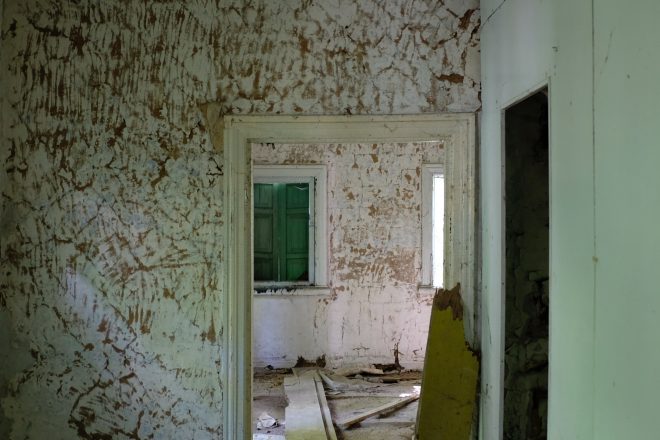
For some the closing of the year is just another few weeks of university work, the daily grind, mounting exam stress. For others it is marked with disillusionment; the realisation that they have gone yet another month without securing housing for their next year of university. As an institution, University is meant to provide opportunities that would be otherwise unavailable to you, to open the door before you step out into the world of work. Yet, many have been that told there just are not enough keys to go around as students face inappropriate living conditions and a shortfall of beds reaching into the hundreds of thousands. Moreover, students are worried about more than just their grades dropping but also their health as they make decisions between affordable housing and the state of their health.
For many students, whether they are just starting out or in their penultimate year, each housing search will pose gruelling challenges. As the Durham students who slept outside of estate agents can attest to, housing must be sorted right at the beginning of the year. Regardless of friendship, job security or satisfaction with your course, thousands are cast into the housing waters. Unfortunately, instead of an ocean, it is a small, and often quite dirty, pond. In conversation with my fellow students, some not attending UOE (University of Exeter), the same word kept cropping up in relation to their housing stress: ‘mould’.’ From personal experience, I can agree that private accommodation is absolutely riddled with it. Yet, in the eyes of some estate agents, it appears to be downplayed to the point of blatant ignorance even when the reality is: the effects of mould can be wearing and long-lasting. The NHS (National Health Service) website will tell you that ‘if you have damp and mould in your home, you’re more likely to have respiratory problems, respiratory infections, allergies or asthma’ all while weakening your immune system.
In fact, just this year research by SOS-UK and Universities-UK has discovered 54% of students are experiencing damp or mould in their current accommodation; sadly, a student at Queens University in Belfast found herself part of this percentage with an entire wall covered in black mould. After one of her friends reached out, I was given the opportunity to see pictures of the state of her bedroom and the results were sobering.

Suffering from chest infections, mood swings and difficulty sleeping, they fear living in a mould-infested room has knocked her health completely sideways and what’s more she has even been forced to stay at other people’s accommodation to seek refuge away from the damp. Yet, even in Exeter, the results are not much better. Several students have admitted to me that when asking their letting agency about treating the mould, they have been told that is simply a ‘wear and tear issue,’ something not serious enough to warrant immediate, if any attention.
Somehow mould, alongside partying and pushing deadlines has become a part of the unofficial student experience. However, no matter what your property owner or student letting agency tells you – it is not acceptable. Each landlord must abide by the HHSRS which states that they must ensure mould does not affect the tenant’s physical/mental health. However, you also must ensure that you let them know as soon as you notice the problem otherwise, they cannot be held accountable. If you feel as though you are worried about growing mould, particularly black mould, and damp in your private housing there are some key steps you can follow to hopefully ease the issue.
- Keep the house as ventilated as possible. Cracking upon windows and doors can reduce the level of condensation and moisture that mould thrives in.
- Notify your agency or landlord in writing with photographic evidence of the issue. Be sure to have a timestamp on the images to highlight any progression or persistence in damp or mould and keep a record of all written or verbal communication.
- Read your tenancy agreement thoroughly and note not only your duties as a tenant but the duties of your property owner.
- Contact your student guild and ask them for advice on housing issues.
- Remember that your status as a student does not mean your problems count for less. You are just as entitled to voice your concerns and make your health a priority. Mould should be the one kicked out of the property, not you.



Average Rating